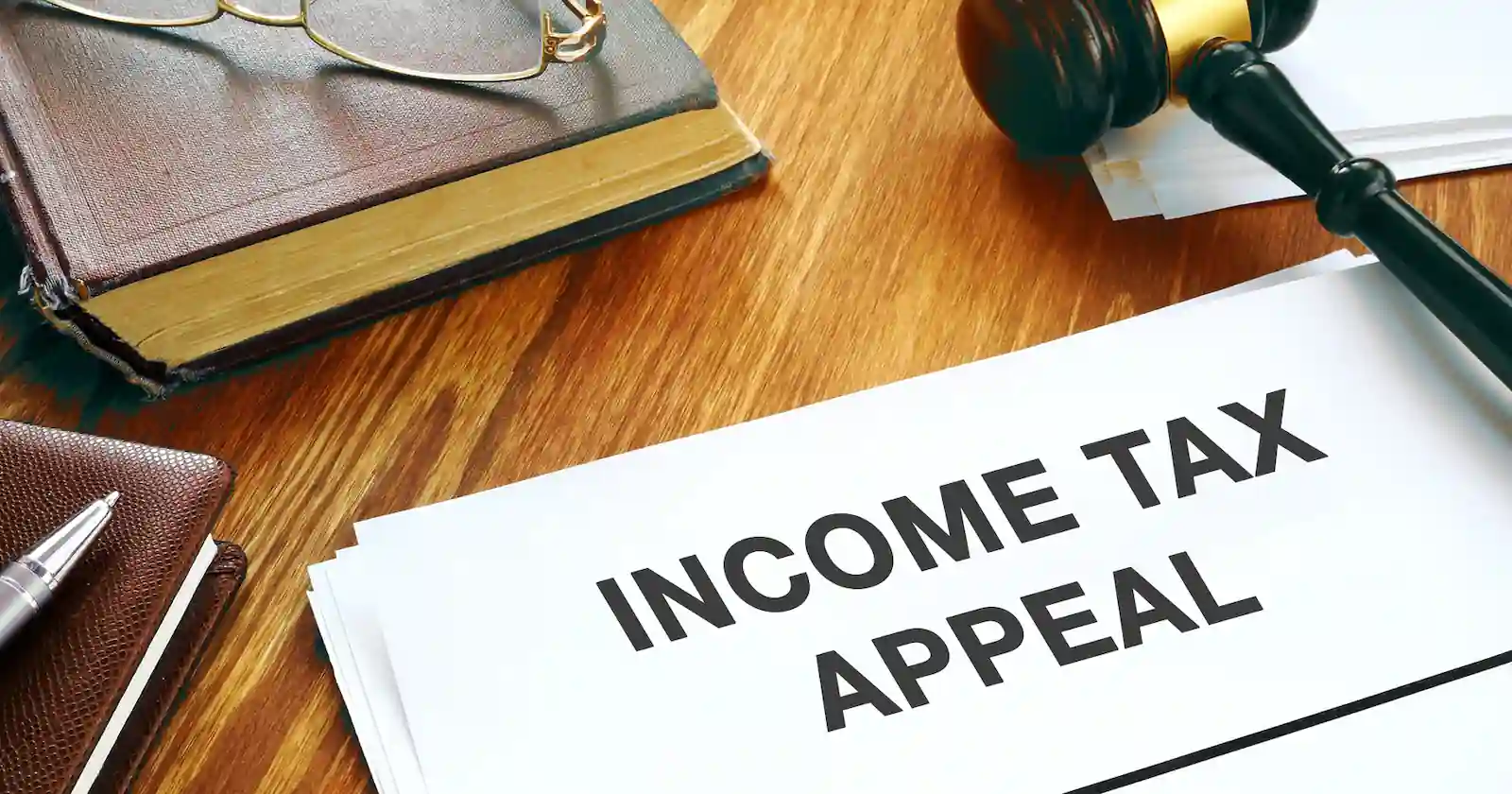For Indian taxpayers who believe they have been incorrectly or unfairly taxed, there is a provision for filing petitions under the Income Tax Act, 1961. An appeal can be filed by the taxpayer who believes there is a deviation in the income as computed by the taxpayer and income as computed by the Assessing Officer. An income tax appeal can also be filed by persons who have been held responsible by the department for not deducting or collecting the tax deducted at source (TDS), and in paying it to the government.
Earlier, filing an income tax appeal followed a rigorous process where taxpayers had to file multiple documents and provide several others to submit their income tax appeal. However, these days, the Income Tax Department allows for e-filing of income tax appeals which has to include details such as the taxpayer’s official and residential details, permanent account number (PAN), the assessment year and the order issued by the department against which the taxpayer is filing the appeal.
The form has sections dedicated to ‘Relief Claimed in Appeal’ where the appellant can mention the amount of reductions that is being required, ‘Statement of Facts’ where the appellant briefly needs to mention the order against which they are appealing, the nature of their business or profession and account books, among others. In the section dedicated to ‘Grounds of an appeal’, the appellant must summarize the reasons and provide legal justifications for why the appeal has been filed.
For an individual wishing to file an income tax appeal, it is essential first to pay the taxes they are liable to pay. If the taxes due have not been paid, the appeal is not allowed to be filed. An appeal has to be filed within 30 days from date of service of order or demand as the case may be.
However, if the Commissioner determines that there was good and sufficient reason for the appellant not filing the appeal within 30 days of receiving the order, he/she may agree to admit the appeal. To ensure this, the appellant must submit an additional application which details the reasons for delay of submission of application and presents causes for the delay that has been caused.
Once the Commissioner has received the filled out form, a date is set for hearings which is intimated by issuing a notice to both the appellant and the Assessing Authority, against whose order the appeal has been issued. Based on the arguments and the possible justification of each, a final order is issued on the appeal either in favor of the taxpayer or the officer.



Comments